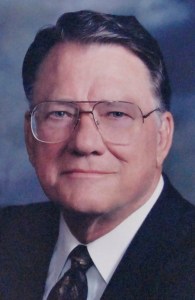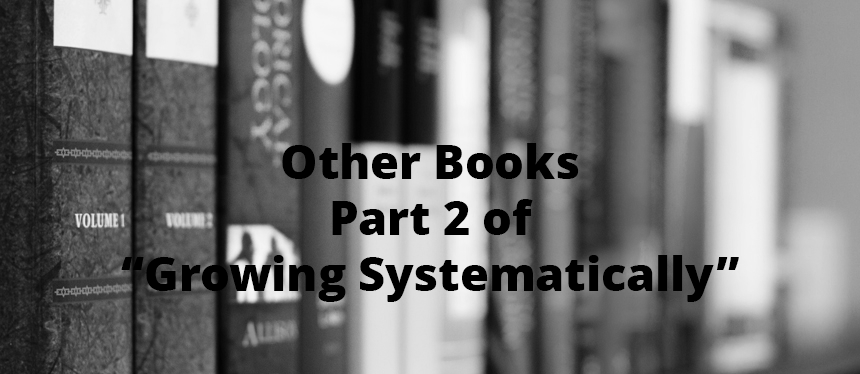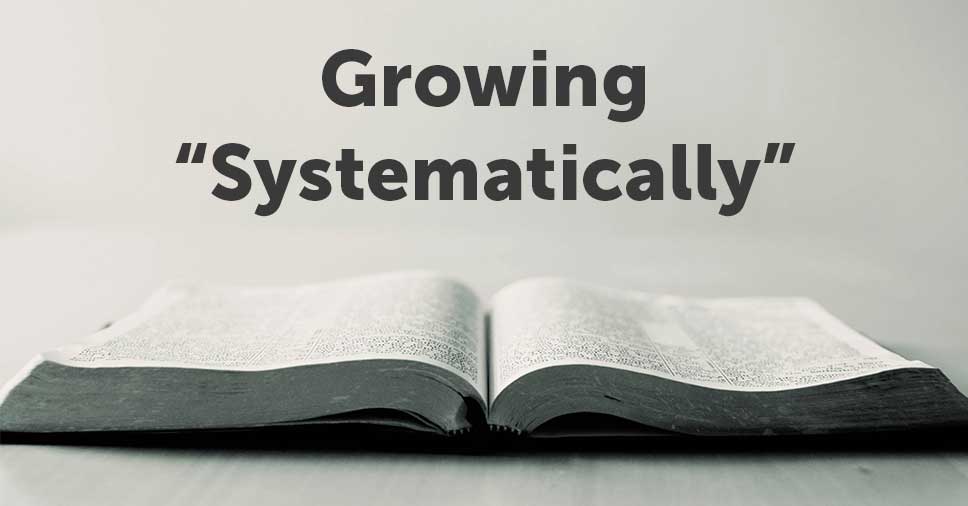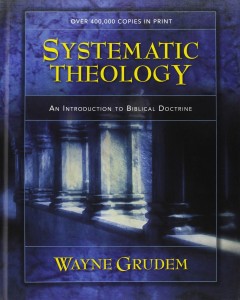
Righteous or self-righteous? What is the difference? How can you tell? While preparing the message for this Sunday (Galatians 5:16-25), I came upon this outstanding quote from Donald Hagner:
“We are set free from the law in order to produce a righteousness that corresponds to the righteousness that the law demanded…. The content of the law has not fundamentally changed. It is only the dynamic – the means by which we can arrive at righteousness – that differs dramatically. Living out the righteousness of the law does not result in a right relationship with God; rather, being in a right relationship with God through faith in Christ results in living out the righteousness of the law.”
True righteousness flows from the life of faith rooted in Christ Jesus and led by His Spirit. Sure, self-righteousness is good at looking the part, keeping the rules, checking off lists, and correcting other people – but it cannot please God.
What does true righteousness look like? Well here it is: “But the fruit of the Spirit is love, joy, peace, patience, kindness, goodness, faithfulness, gentleness, self control; against such things there is no law.” Galatians 5:22, 23 (NASB)



 Pastor Crowley was a Southern Baptist and Montrose was a
Pastor Crowley was a Southern Baptist and Montrose was a 



 Without realizing it, we can build very nice boxes to live in and then function in ministry happily ever after. The box is safe. It protects our culture and way of life. It protects us from “worldliness”. But God didn’t put us in this world to live in a box. He created us to be salt and light in a dark and pagan society. Our box may be comfortable but it is irrelevant to the Great Commission of Jesus Christ.
Without realizing it, we can build very nice boxes to live in and then function in ministry happily ever after. The box is safe. It protects our culture and way of life. It protects us from “worldliness”. But God didn’t put us in this world to live in a box. He created us to be salt and light in a dark and pagan society. Our box may be comfortable but it is irrelevant to the Great Commission of Jesus Christ.